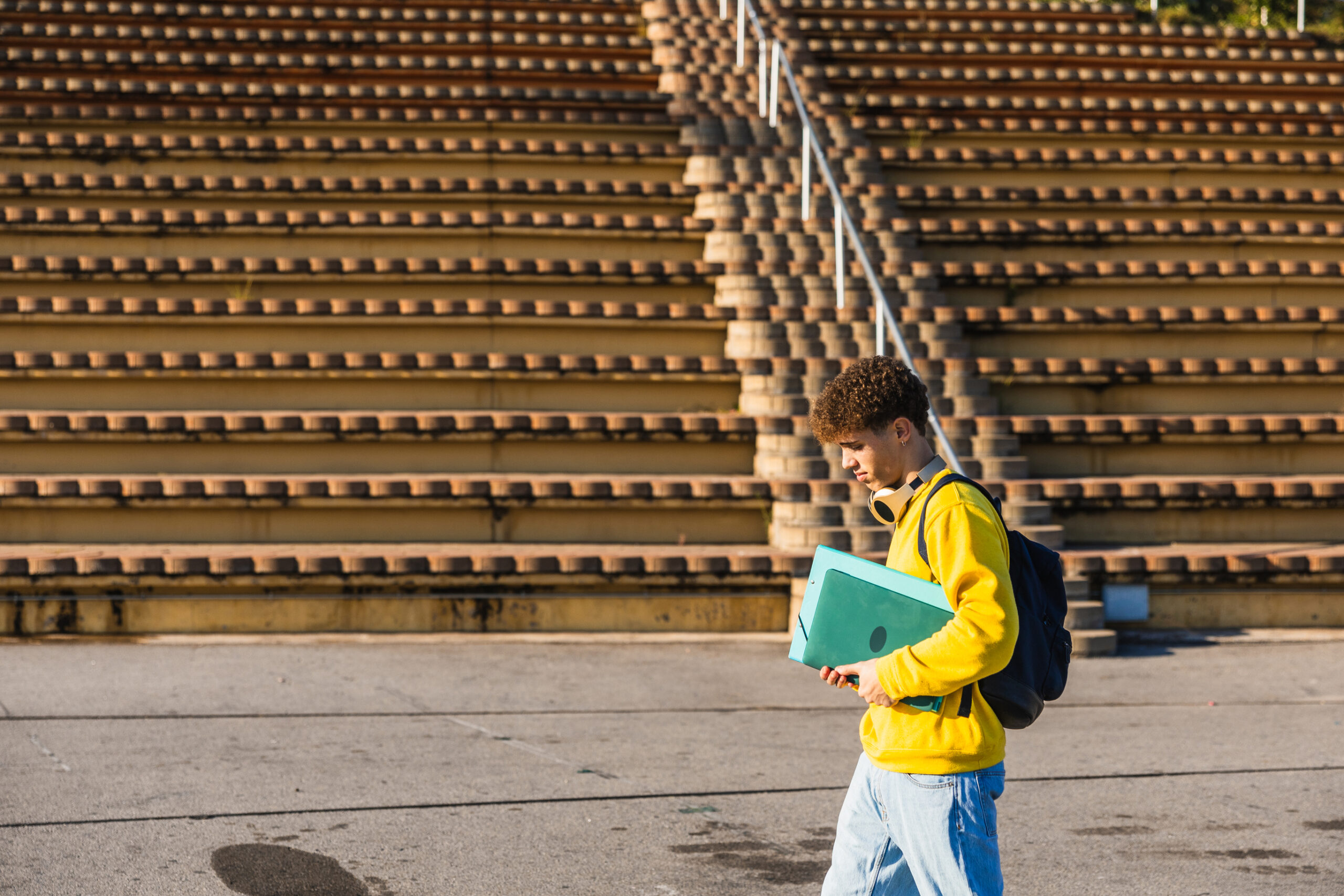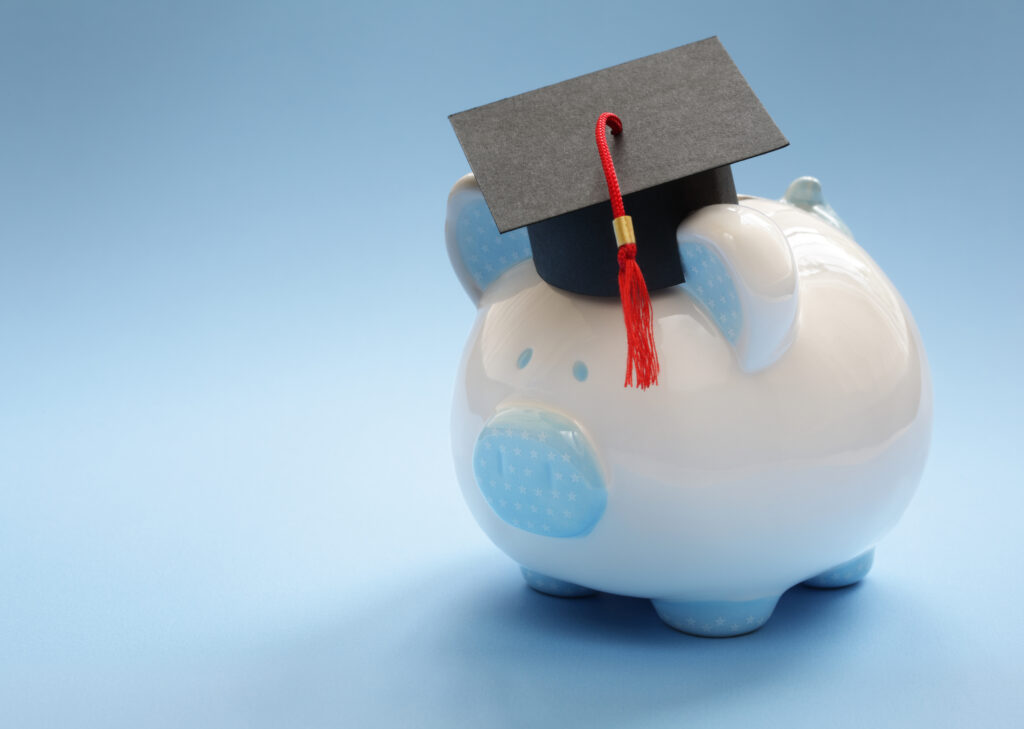
College marks a period of discovery where goals start taking clearer form. It’s where curiosity meets opportunity, and where interests begin to turn into long-term plans. The structure, independence, and constant exposure to new ideas give students room to understand who they are and what kind of work excites them. For many, it’s the first environment that challenges both intellect and direction at the same time.
Every project, conversation, and challenge adds something to a student’s perspective. By the time graduation approaches, many have already begun defining their version of success.
Seek Out Academic Opportunities
Choosing classes and activities that align with future goals helps build momentum early. Students studying education, for example, might volunteer in classrooms, assist with research, or join programs that strengthen teaching skills. Immersing in work that connects directly to a chosen field makes every semester more purposeful and builds confidence in future endeavors.
For aspiring educators who want to advance further, pursuing online master’s degrees in education offers a practical way to grow professionally without putting work on pause. Such programs give access to advanced knowledge and specialized training while maintaining flexibility. With options to learn remotely and apply lessons immediately, online degrees make academic growth more adaptable to individual schedules and goals.
Engage in Collaborative Projects and Team Work
Group assignments and campus initiatives teach students how to function within shared goals. Communication improves, problem-solving becomes more natural, and responsibility shifts from individual effort to collective success. Collaboration encourages patience and adaptability; two traits that serve well beyond college life.
Working alongside people with different strengths refines how students approach challenges. Learning to coordinate, delegate, and trust others creates a foundation for professional teamwork in any setting.
Connect with Alumni Networks for Real-World Insights
Conversations with former students can bring clarity about what lies ahead. Alumni often share valuable guidance about transitioning into careers, understanding industry expectations, and recognizing opportunities that might not appear obvious at first.
Such relationships also expand a student’s network. Staying in touch with alumni can result in mentorships, internships, or even job offers. The exchange of advice and experience helps bridge the gap between education and professional reality.
Participate in Student Organizations and Leadership Roles
Taking initiative on campus builds self-assurance and practical management skills. Whether organizing events, leading a club, or contributing to a committee, involvement teaches students how to plan, prioritize, and communicate effectively. It’s a setting where responsibility meets creativity and action.
Leadership in college often reflects future potential. Managing teams, resolving conflicts, and staying accountable for results shape both character and ambition.
Gain Exposure to Different Cultures and Perspectives
College environments often bring together people from across regions, countries, and backgrounds. Interacting with such diversity changes how students think, communicate, and approach complex ideas. It encourages openness, respect, and a wider understanding of the world’s variety.
Exposure to multiple viewpoints also promotes flexibility in thinking. Students learn how to adapt, collaborate, and engage across differences, qualities that naturally strengthen leadership and ambition in professional and personal life.
Research and Innovation Opportunities
Participating in research projects allows students to test their curiosity against real challenges. Gathering data, developing new ideas, and applying theory to practice cultivate patience and precision. The experience builds confidence in one’s ability to create meaningful work.
Innovation in this context fuels ambition. Students begin to see how their efforts can contribute to progress in their chosen field. The process of exploration, analysis, and discovery reinforces a sense of direction and purpose that often carries into lifelong goals.
Pursue Passions Outside of the Classroom
True personal growth often happens beyond structured academics. Getting involved in creative or community-driven activities gives students a chance to explore different sides of themselves. A student who joins a debate team, volunteers at local events, or experiments with photography learns to express ideas and interests in new ways. Such experiences introduce new skills and reveal passions that might influence future goals or career paths.
Engaging in interests outside class also creates balance. It reduces burnout and adds joy to the college experience, while still fostering discipline and focus. Activities that encourage initiative and creativity show students that learning doesn’t stop when lectures end; it continues through every experience that challenges comfort and inspires curiosity.
Learn Financial Responsibility
Managing personal finances during college builds essential life skills. Whether it’s paying rent, budgeting for groceries, or balancing tuition payments, financial decision-making teaches accountability. Students begin to understand the importance of tracking expenses and planning, which later helps them navigate larger financial responsibilities in adulthood.
Developing this awareness early allows students to make smarter choices about saving and spending. It also gives them the freedom to pursue internships, study abroad, or other opportunities without unnecessary financial stress. Learning how to handle money responsibly becomes one of the most valuable lessons college offers, one that continues to shape independence long after graduation.
Understand How Academic Pressure Builds Resilience
The academic demands of college test focus and perseverance in ways that prepare students for real-world challenges. Meeting tight deadlines, managing multiple subjects, and staying motivated under pressure builds emotional endurance. Each accomplishment under stress reinforces confidence and self-control, which are vital in personal and professional environments.
Facing academic pressure also helps students learn to prioritize and adapt. They discover how to manage setbacks, seek support when needed, and maintain steady progress even during difficult times. This resilience turns into a habit that carries forward into future careers, helping them handle challenges with calm determination.
Find Role Models Who Reflect Your Aspirations
College provides access to professors, mentors, and professionals whose achievements offer insight into what’s possible. Observing their work ethic, values, and approach to success gives students a clearer picture of what it takes to achieve their own goals. Such figures often inspire ambition by showing how consistency, integrity, and focus translate into accomplishment.
Mentorship also brings guidance when students reach turning points. Advice from experienced individuals helps refine goals, avoid common mistakes, and build confidence in decision-making. Having strong role models turns vague ambition into a defined direction supported by wisdom and example.
College shapes ambition through every lesson, challenge, and connection. It teaches practical skills, builds emotional strength, and exposes students to opportunities that redefine what success means to them. Each experience adds to a growing sense of purpose. The most lasting impact of college isn’t a single course or achievement but the mindset it cultivates.
SEE ALSO: The Role of Regular Workouts in the Healthy College Student Life











